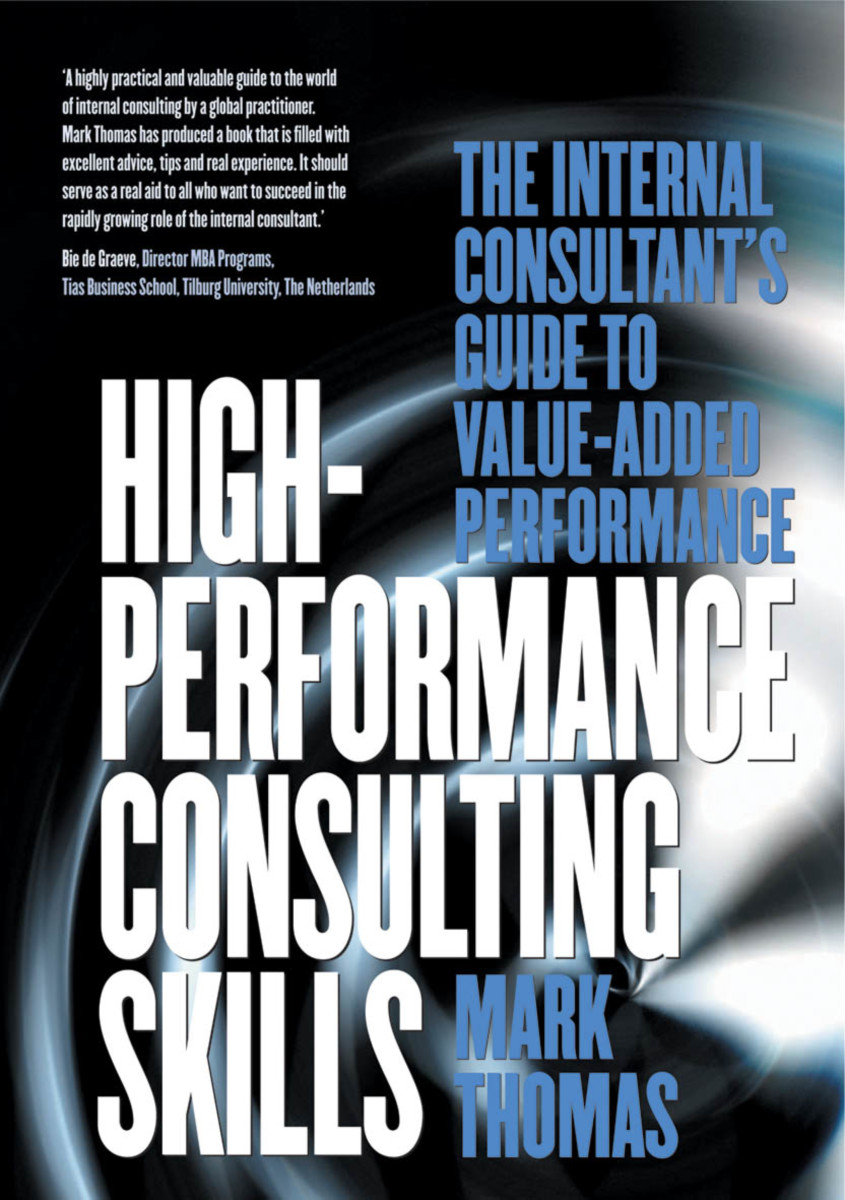
IBM is one of the most prominent names in technology, and it has a rich history. The company was established in 1911. A series of films featuring 100 people highlighting the company's contributions to society marked its centenary. Joe Pytka was the influential commercial director. Errol Morris, a Academy Award-winning documentary filmmaker, shot "100 x 100". Philip Glass provided the music.
Hollerith punchcard by ibm
IBM's Hollerith Punch Card was inspired by a system used in textile manufacturing as early as 1725. Joseph Marie Jacquard adopted this method in order to create a silk picture. Semen Korsakov stored information using punch cards in 1832. IBM's Hollerith punch card would be used to record census data, and would ultimately lead to the formation of IBM.
In 1933, IBM formed a strategic alliance with Nazi Germany. The company's subsidiaries played a significant role in the development of various Nazi-era technology enabling technologies. For the German government to be able to quickly identify Jews and target them for destruction, it needed a reliable way. IBM's Hollerith punchcard machines were essential in this process.
The magnetic stripe at ibm
IBM's magnetic stripe history begins when an engineer wanted to develop a way to affix magnetic media to plastic cards for storage. He was familiar with magnetic tape and believed it would be easy to combine them. But his wife suggested an alternative. She suggested that the magnetic stripe be melted onto a card. IBM was the first company to use this technology for commercial purposes.

The company needed to create a system to track financial information as well as personal identification. They wanted to be able to decode personal data, making it easier for people to access that information. A team of researchers was assembled to create a system that could do exactly this. IBM began rolling out employee ID cards as well as bank cards after the team completed their work.
IBM's first computer
Arthur Rackham, born April 5, 1911 was a leading figure in the introduction IBM's computers. He was an entrepreneur as well as a mathematician. He studied at Drake University. Iowa State College. Columbia University. Later, he became the head of IBM's research and development division.
The United States Air Force asked IBM during the war to create an electro-mechanical Bombsight. However, the company was still hesitant about the future of electronic computing. Tom Watson, Jr., felt then that IBM was not moving fast enough toward electronics. He thought of an electronic computer for scientific computations.
IBM's research
The IBM Archives shows the company’s growth and achievements over the years. IBM currently has 195,000 employees and 350 Distinguished Engineers. It also has 60 IBM Fellows. The company has acquired NetObjects and CommQuest Technologies. Many of its products can now be used in the business world.
The company saw steady growth in sales. It was considered a giant by Wall Street at the time. By 1984, the company's profit was up to $16 billion. The IBM Corporation was a perennial favorite of Wall Street. IBM was also viewed as the only company able to compete with Japanese firms. It even became the subject of a best-selling book.

IBM's stock purchase program
The IBM Stock Purchase Plan, a retirement plan that allows eligible IBM employees the opportunity to purchase common stock of the company, is called the IBM Stock Purchase Plan. Originally, IBM employees were paid 85 per cent of the average market price during the offering periods. IBM altered the terms of its plan in 2005 to allow eligible participants to buy fractional or complete shares of IBM stock for a five percent discount on the average market prices the day they purchased them.
Shares purchased under the Plan are eligible for resale at any time. In certain instances, the whole process can be stopped. In such a case, the shares can be purchased from the open market or treasury shares.
FAQ
Do I need to seek legal advice?
Yes! Yes. Many consultants sign contracts without seeking legal advice. However, this can lead to problems down the road. For example, what happens if the client terminates the agreement before the consultant's completion date? Or what happens if a consultant fails to meet the deadlines in the contract?
Avoid potential legal problems by consulting a lawyer.
What is the difference between a consultant and an advisor?
An advisor gives information on a topic. A consultant is able to provide solutions.
Consultants work directly for clients to help achieve their goals. Advisors advise clients indirectly via books, magazines, lectures and seminars, etc.
Who hires consultants
Many companies hire consultants to help with their projects. These consultants can be found in small and large businesses as well as government agencies, universities, educational institutions, non-profits, and education institutions.
Some consultants work directly for these organisations, while others freelance. In either case, the hiring process varies depending on the size and complexity of the project.
You will likely go through multiple rounds of interviews when hiring consultants before you choose the candidate you feel is the best fit for the job.
Do I have to pay tax on consulting income
Yes, you will need to pay tax on your consultancy profits. The amount you earn depends on your annual income.
If you're self employed, you can deduct expenses beyond your salary.
However, you can't deduct interest payments for loans, vehicle depreciation or the cost to purchase equipment.
You cannot claim back less than PS10,000 in a given year.
However, you might still have to pay tax if your earnings are higher than the threshold. This depends on whether you are an employee or contractor.
Pay as you Earn (PAYE) is the most common method of taxing employees. Contractors pay VAT.
Do I need a degree to be a consultant?
Studying a subject deeply and then applying your knowledge is the best way for you to become an expert.
You can learn all you need to know to become a great consulting professional by starting to study now.
A degree without relevant experience may make it difficult for you to be hired. If you can show that your education is comparable to the job applicants, you may still be eligible for employment.
But remember, employers will always look for candidates with real-world expertise.
What should your consulting fees be?
It depends on what you are offering. If you are providing services for free, then there isn't any point in charging anything. If you're selling products or services however, prices should be determined based on their value.
If you are providing low-quality services, then you don't have anything to sell. You are not worth anything, so why should anyone pay you anything.
You might be able ask for a more expensive price if your services are of high quality. People recognize the value in you offering. Also, clients who purchase multiple packages from your company may get discounts.
What skills will I need to be a consultant?
As a consultant, you should have both strong interpersonal skills and analytical skills. This is important because you are working on projects where you may not know exactly what you are doing. You must learn how to manage people and solve problems quickly.
Also, you must have great communication skills. Most clients expect an answer within 24hrs. If they don't hear back from you, they assume you aren't interested. It is crucial that you keep them up to date and make sure they know what's happening.
Statistics
- "From there, I told them my rates were going up 25%, this is the new hourly rate, and every single one of them said 'done, fine.' (nerdwallet.com)
- My 10 years of experience and 6-step program have helped over 20 clients boost their sales by an average of 33% in 6 months. (consultingsuccess.com)
- According to statistics from the ONS, the UK has around 300,000 consultants, of which around 63,000 professionals work as management consultants. (consultancy.uk)
- WHY choose me: Why your ideal client should choose you (ex: 10 years of experience and 6-week program has helped over 20 clients boost their sales by an average of 33% in 6 months). (consultingsuccess.com)
- 67% of consultants start their consulting businesses after quitting their jobs, while 33% start while they're still at their jobs. (consultingsuccess.com)
External Links
How To
How do you find a good advisor?
Understanding your needs is the first step to finding the right consultant. Do you want them help improve your website's efficiency? Do you want them to optimize your site to rank higher in search engines? You might also want someone to help you determine if your hosting provider is in trouble. After you have decided what services you need, it is time to start looking at potential companies. While there are many consultants that claim to be able provide these services for you, not all of them will. How can you pick the right one? Here are some things that you need to keep in mind when selecting a consultant.
-
Ask for referrals. This is the best method to find a consultant. You don't want to hire someone you've never heard of before because you'll likely pay too much. You don't want to work alongside someone whose reputation hasn't been established. You're fortunate enough to receive referrals from people you trust. You can check online reviews even if they don't refer you. Find testimonials and case study examples from customers who have used your product.
-
Ask around. Many people are unaware that hiring a consultant could make a difference. They believe that because they're doing well, they don’t need to make any changes. This is often not true. Even if you're getting great results right now, chances are that you haven't been keeping up with new trends or technologies. Your business could be missing out if it relies on outdated methods. Ask around to find a qualified consultant.
-
Make sure to verify their qualifications. When you're looking for a consultant, it doesn't matter whether you're building a small blog or launching a multi-million dollar eCommerce store; you want to be sure that whoever you hire has the skills needed to handle your project. It doesn't matter if they are qualified for the task or not; make sure they are knowledgeable in the field.
-
Find out what kind of projects they specialize in. You might think that everyone can handle all projects, but this is false. Some areas require specialized training and education. You won't hire a Drupal developer if you need to build a WordPress template. The same applies to programming languages, graphic design and other areas. Be sure to ask what kinds of projects they typically work on.
-
Know what they charge. As we mentioned, it is important to know what they charge. But you also don't want to pay too little either. There are many different types of consultants. Some charge hourly rates while others bill per project. You can save money by knowing upfront exactly what you will be paying.
-
What do they offer? Are they offering free consultations or other services? Will they give you advice on how to set up your own system? Can they guarantee your site will rank higher if you work with them? You can cancel your consultation at any time without penalty if you are not satisfied with what you heard.
-
Also, ask if discounts are available for multiple months and years. Many consultants offer discounted pricing for extended time periods. Even though you do not necessarily have to commit to a whole year of service, you might still be able to benefit from any specials they offer.